Making a difference in the lives of older LGBT+ people
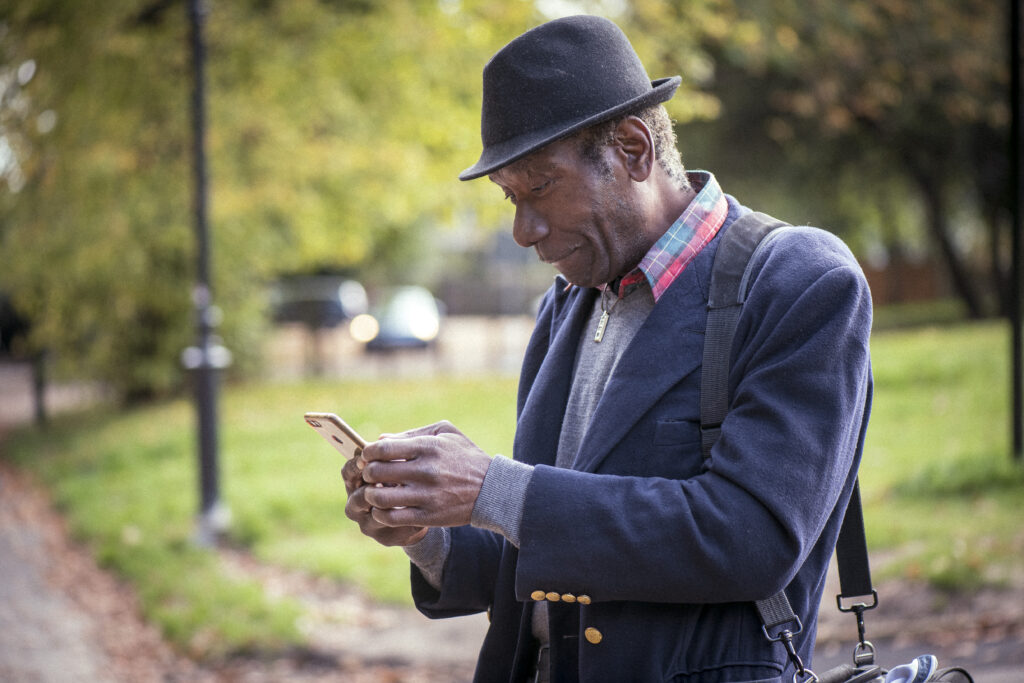
Sam Higgins, EDIB Officer at Re-engage, shares how the charity launched a telephone befriending service for LGBT+ older people that has diversity, belonging and inclusion at its core. If you’re a member of the Hub, access the Video Library to hear tips from Sam on how to set up a similar service of your own.
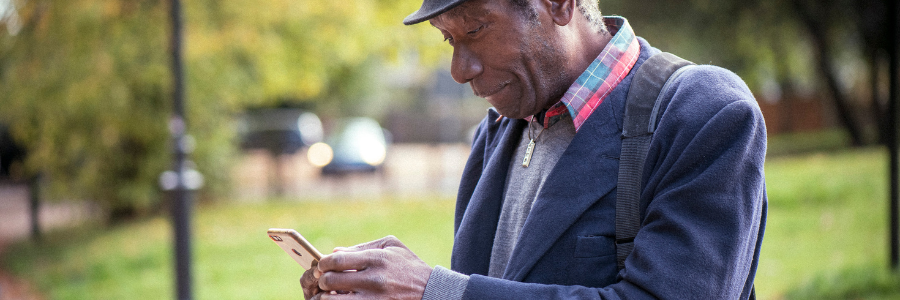
The mission of Re-engage
Re-engage is a national charity that works to tackle loneliness and isolation among those aged 75 and above across the United Kingdom. We work with local communities to end social isolation and loneliness, guided by our vision of a world where no one is ever too old to make friends or enjoy social interaction.
The Rainbow Call Companions project
I am proud to be a part of a service at Re-engage that supports lesbian, gay, bisexual, transgender plus (LGBT+) people, called Rainbow Call Companions. This telephone befriending service was launched during the pandemic, as the forced isolation that we all faced opened our eyes to intersections of older people who weren’t being reached or supported through our existing services.
Prior to setting up the service, we conducted research to identify the needs of older LGBT+ older people. Some of the findings and feedback from the cohort we engaged with may sound obvious, but it highlighted a glaring lack of services specifically tailored to their needs.
For example, we found that older LGBT+ individuals are less likely to have children, leading to a higher likelihood of living alone. Aging also reduces the probability of having intergenerational relationships, as family members may not be as present. Consequently, those who rely on a chosen family experience a shift in their support network as they age, often finding themselves alone.
While many services proclaim inclusivity, the reality for older LGBT+ individuals can be quite different. Mentioning one’s sexuality or gender identity, even if slightly different from expectations, can lead to a superficial welcome, accompanied by an unspoken directive not to discuss these aspects during participation. In essence, individuals may feel more like a number than a genuinely welcomed member.
Ensuring authenticity and long-term impact
The Rainbow Call Companions project had two main goals. Firstly, it aimed to specifically reach and support the older LGBT+ community, employing volunteers from within the community itself to ensure an authentic and meaningful connection. Secondly, we wanted to create enduring practices that could be built into the existing infrastructure of Re-engage.
The major piece of work for us was making sure that we asked the right questions and used the right language when onboarding participants to Rainbow Call Companions. To create an inclusive service, you have to frame questions in a way that avoids exclusivity. Asking people questions about their gender or sexual orientation in a limited binary way is counterproductive. True inclusivity means offering people the flexibility to choose an option that is most comfortable for them and that will really create a feeling of belonging.
One of the challenges we found with the project was reaching the older people who would benefit from the service, and there are so many reasons why this is difficult. A lot of older people have essentially been in hiding or had it drilled into them that they don’t talk about their sexuality or gender identity unless it’s a completely safe environment. For example, when I call people for the first time, they will need me to say the words ‘gay’ ‘bi’ or ‘trans’ before they tell me the reason why they signed up to the service. It’s almost built into them to be protective about it.
To overcome some of these challenges, I have been working as locally as possible with other organisations on the ground to make sure people are aware our service exists. I also emphasise that conversations need to be open to refer people to the right services, and if someone hints that they have been single for their whole life, you can ask more questions to help them find a service that is most suitable for them.
Making a difference in the lives of older LGBT+ people
The true success of the project lies in its transformative impact on individuals within the older LGBT+ community. Participants have said to me, “You have no idea how nice it is to be able to talk about some of this stuff and not be frightened” and “I’m finally speaking to someone who speaks the same language as me.”
The one that always resonates with me is, “I’ve never been happier as a human being since you found me.” Before being part of the service, they felt they couldn’t be their true authentic self, but knowing that someone cared enough to call them once a week made a huge difference.
Arising from the lows of the pandemic, the project has emerged as a powerful tool in challenging ageism, debunking misconceptions about the limitations of expressing one’s identity at the age of 75 or older. It has now become a platform for many individuals to embrace and express their true selves, even in their 70s or 80s.
If you plan on launching a service like this, don’t get bogged down in the numbers or worry about how many people you are reaching. Unfortunately, you are never likely going to get huge numbers but the impact you can have on one person’s life is huge.

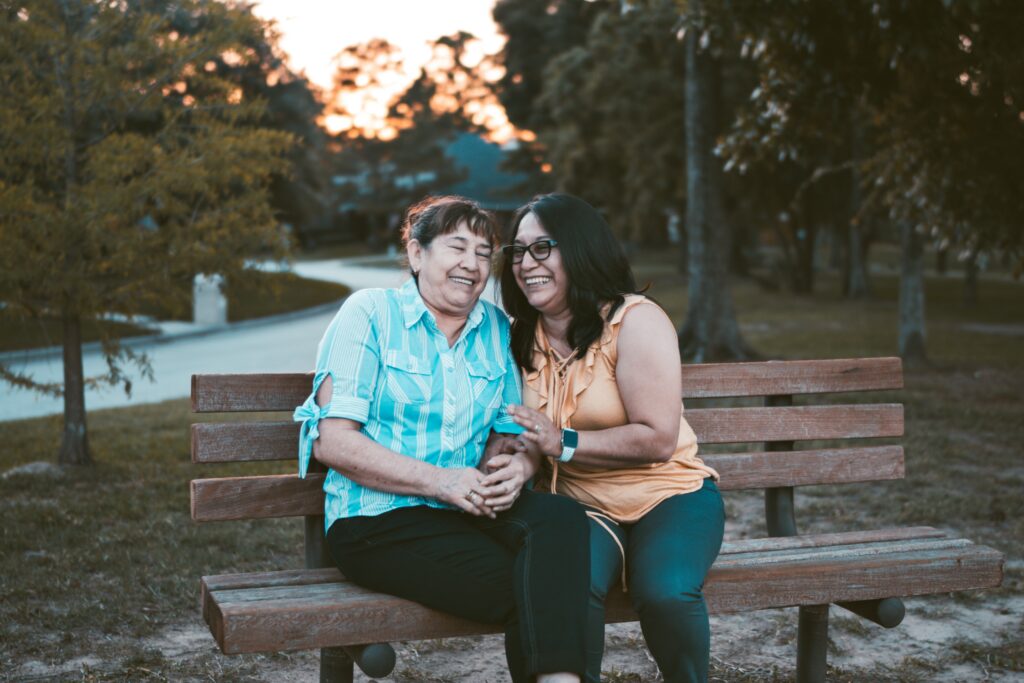

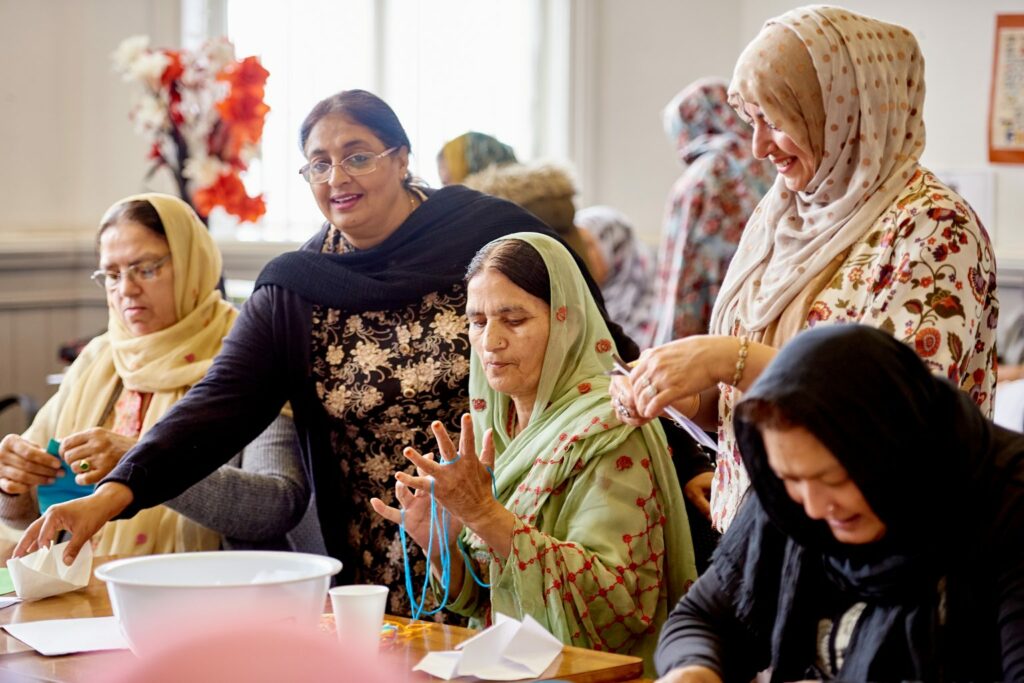
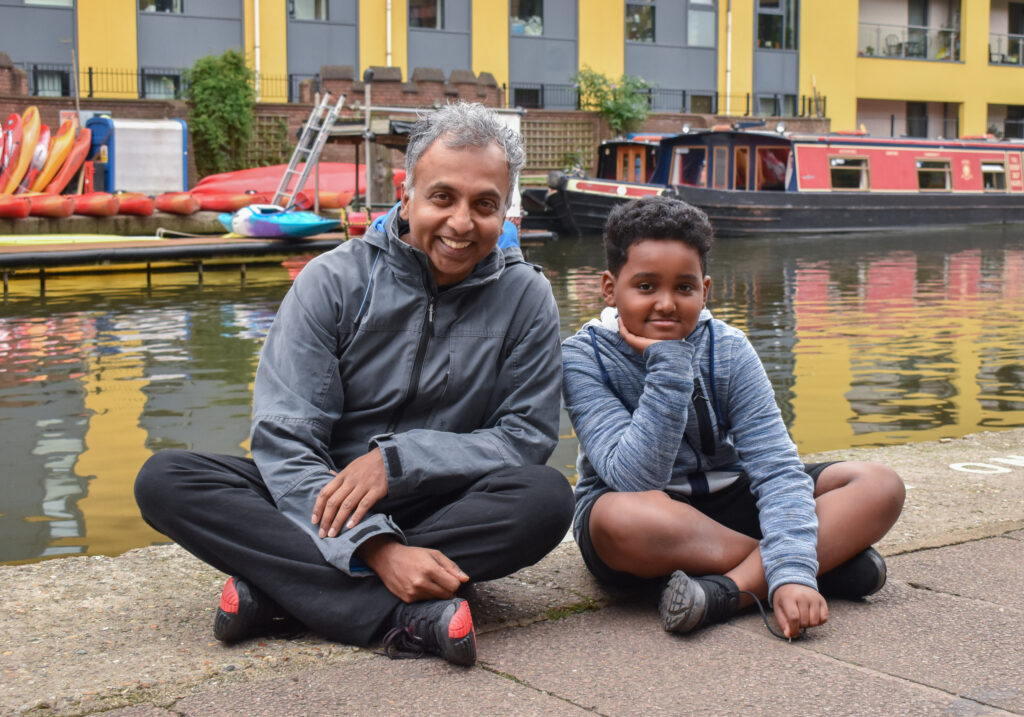
This is a great bit of learning, it reflects what the Ageing Better programme LGBTQ+ projects learned about people needing a safe space where they could just be themselves. Rainbow Calls Companions sound great. The Ageing better learning is here https://www.opforum.org.uk/wp-content/uploads/2018/12/Reducing-Social-isolation-in-LGBT-Communities-Aged-Over-50.pdf, and the SAGE group of LGBT+ older people in Leeds also shared some great guidelines for groups who’d like to be active allies and welcome LGBTQ+ members https://www.opforum.org.uk/wp-content/uploads/2022/03/Making-LGBT-older-people-feel-comfortable-in-your-groups-toolkit.pdf